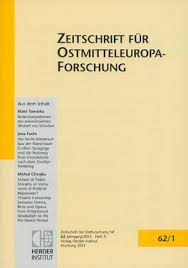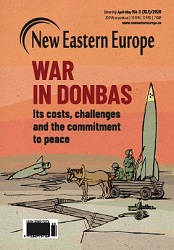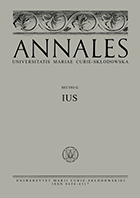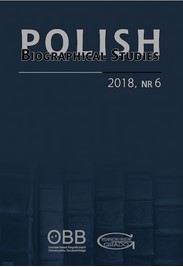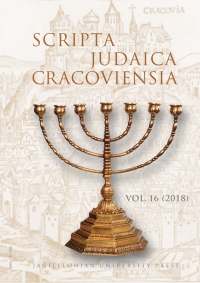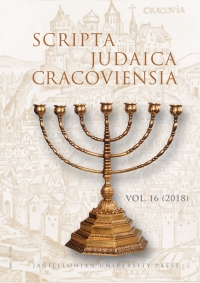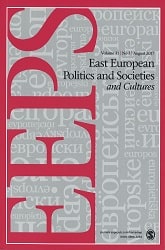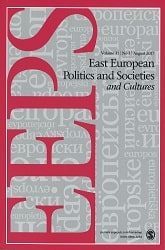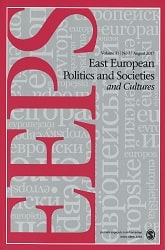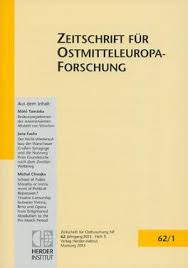
Kateřina Čapková, Michal Frankl, Unsichere Zuflucht. Die Tschechoslowakei und ihre Flüchtlinge aus NS-Deutschland und Österreich 1933-1938
Review of: Kateřina Čapková, Michal Frankl: Unsichere Zuflucht. Die Tschechoslowakei und ihre Flüchtlinge aus NS-Deutschland und Österreich 1933-1938. (Reihe Jüdische Moderne, Bd. 13.) Böhlau. Wien u.a. 2012. 327 S., Ill. ISBN 978-3-412-20925-4. (€ 39,90.). Reviewed by Natali Stegmann.
More...
